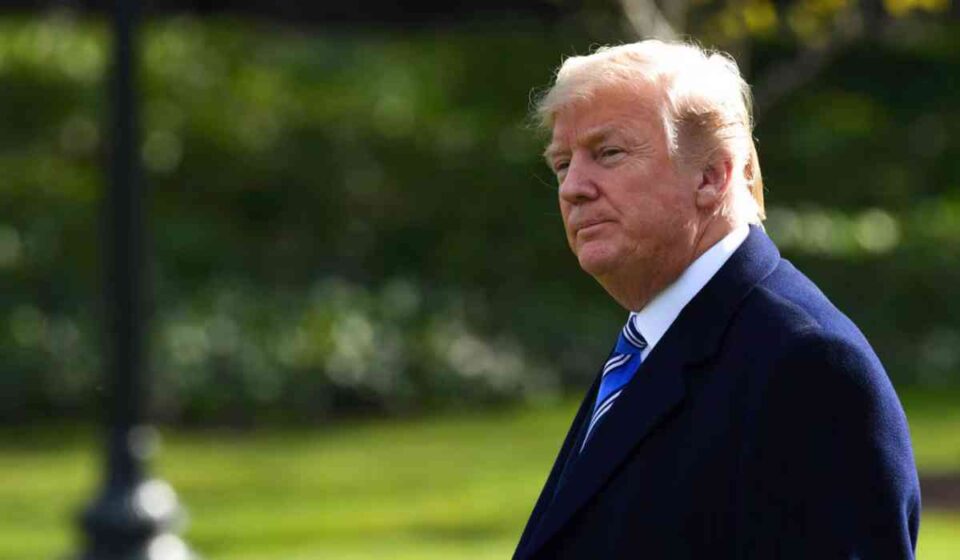As President Donald Trump’s tariff policies near implementation, concerns are escalating over their potential impact on global trade. Bloomberg warns that U.S.-EU trade could suffer an economic shock of up to $9.5 trillion, a sentiment echoed by the American Chamber of Commerce. The looming tariffs have already set businesses scrambling to adjust their supply chains and mitigate potential losses before the new policies take effect.
Rising Tensions and Economic Fallout
The new tariffs, aimed at addressing trade imbalances and boosting domestic industries, have triggered alarm among economic experts and business leaders worldwide. The American Chamber of Commerce has raised concerns about the long-term consequences of the policies, warning that the measures could lead to retaliatory tariffs from European nations, further escalating trade tensions.
Analysts caution that industries most vulnerable to the tariffs—such as automotive, technology, and agriculture—could see sharp cost increases, supply chain disruptions, and potential job losses. European businesses reliant on U.S. trade are also bracing for impact, with companies considering alternative markets and suppliers to minimize financial damage.
Global Businesses Scramble to Adapt
In anticipation of the tariffs, multinational corporations are working swiftly to restructure their operations. Companies that rely on materials and goods imported from Europe are exploring domestic sourcing options or seeking alternative international suppliers. The uncertainty surrounding the new policies has already affected stock markets, with fluctuations reflecting investor concerns over potential economic turbulence.
Experts believe that smaller businesses with limited resources may be hit the hardest, as they struggle to absorb higher costs or reconfigure their supply chains in time. Many companies have begun lobbying efforts to push for exemptions or policy adjustments, but the administration remains firm in its stance, insisting that the tariffs are necessary to safeguard American economic interests.
Potential for Retaliation and Trade War Risks
The European Union has signaled its intent to respond with countermeasures if the tariffs go into effect, potentially leading to a broader trade war. European policymakers have already hinted at imposing tariffs on key American exports, such as agricultural products, automobiles, and consumer goods, which could further strain economic ties between the two regions.
Despite these concerns, Trump and his administration maintain that the tariffs are essential to correcting what they perceive as unfair trade practices. The White House has emphasized that the measures are designed to protect American workers, reduce the trade deficit, and encourage domestic manufacturing. However, critics argue that such policies could backfire, leading to higher prices for consumers and a slowdown in economic growth.
What’s Next?
As the deadline for the tariffs approaches, the global business community remains on edge. Trade experts and economists are closely monitoring negotiations between U.S. and European leaders, hoping for last-minute agreements or policy revisions that could ease tensions.
For now, businesses are left with no choice but to prepare for a potentially volatile economic landscape. Whether the tariffs achieve their intended goals or lead to unintended economic consequences remains to be seen, but one thing is certain—global trade is entering a period of significant uncertainty.


